|
|
|
|
Nau mai haere mai, welcome to this week’s newsletter.
The misogynistic online abuse and threats directed at women in public life is a sad reality that is as intolerable as it is unsurprising these days. The prime minister and her fellow women MPs have all experienced a version of this poisonous political culture, but the problem goes far beyond the corridors of power.
Sadly, one of the institutions that might provide a haven from toxic misogyny – the university – is far from innocent. In fact, as political scientist Richard Shaw and his fellow authors write, women in universities are “routinely subjected to online vitriol intended to shut them down – and thus to prevent them exercising their academic freedom to probe, question and test orthodox ways of making sense of the world.”
The problem is exacerbated by the hierarchical structure of universities and their unique career pathways. As the authors argue, it is the duty of men within that system to call it out and help end it: “We need to use our own academic freedom to assess what can happen to that of academic women when digital misogyny passes unchecked.”
There’s more to read here and on our homepage, including a timely warning that we should be cautious about reopening our borders to the cruise ship industry without much stricter regulation.
Until next week, take care and mā te wā.
|

|
Finlay Macdonald
New Zealand Senior Editor & NZ Editor: Politics, Business + Arts
|
|
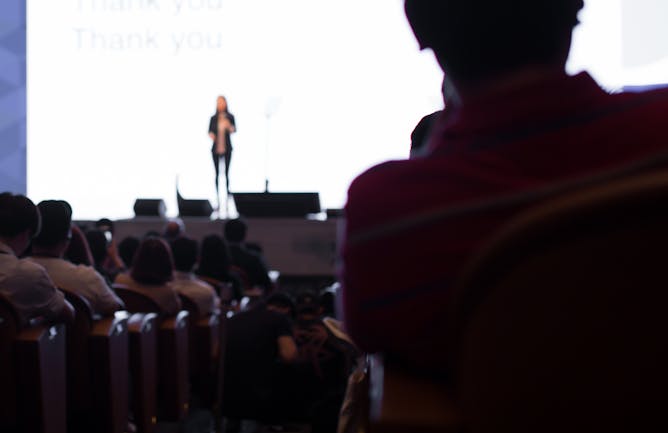
Richard Shaw, Massey University; Andrew Dickson, Massey University; Bevan Erueti, Massey University; Glenn Banks, Massey University; John O'Neill, Massey University; Roger McEwan, Massey University
With academic freedom comes moral responsibility. Men within New Zealand universities – and beyond – must challenge misogynistic abuse of their women colleagues and not stay silent.
|
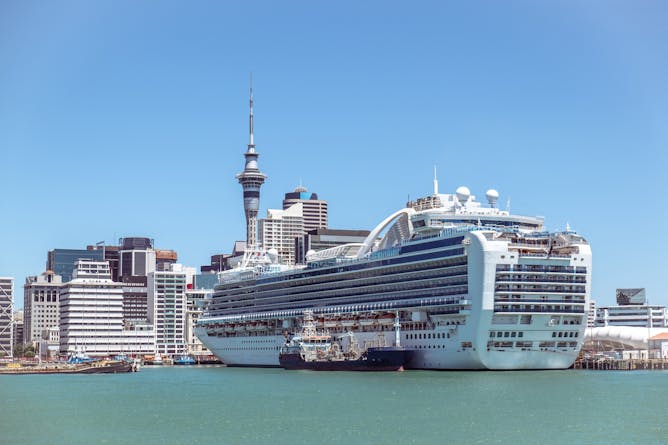
James Higham, University of Otago
A return of mega cruise liners would go against the government’s express desire to create a new, sustainable tourism model.
|

Alexander Gillespie, University of Waikato
The world’s failure to contain the nuclear threat is frighteningly evident in the potential risk of war in Ukraine spinning out of control.
|

Holly Thorpe, University of Waikato; Allison Jeffrey, University of Alberta; Simone Fullagar, Griffith University
Women have found innovative and powerful ways to cope during the pandemic – largely because official policy has failed them. That must change.
|
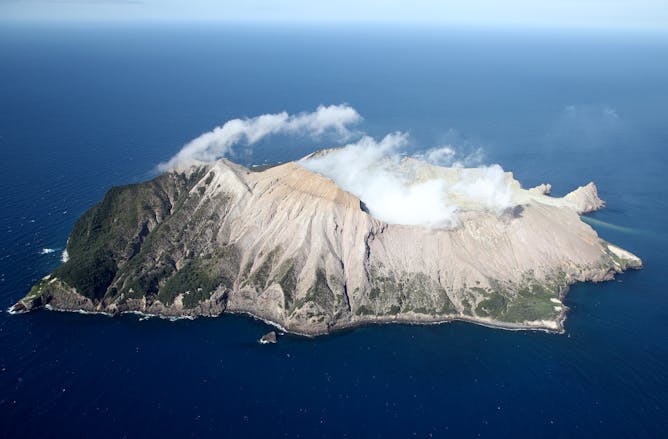
David Dempsey, University of Canterbury; Alberto Ardid, University of Canterbury; Shane Cronin, University of Auckland
Before the deadly eruption of Whakaari White Island in December 2019, pressure and a tremor built up in a pattern seen in other volcanoes. It could help scientists develop an early-warning system.
|

Zara Mansoor, University of Otago
Mental health services aren’t meeting young people’s needs, particularly during the global pandemic. But research shows parents can learn how to reduce anxiety and depression in early teens.
|

Holly Thorpe, University of Waikato; Alida Shanks, Massey University
Will Rugby New Zealand’s report into culture within the Black Ferns finally be the tipping point for change – to put women at the heart of their own sports organisations?
|
From our foreign editions
|

Frank Bongiorno, Australian National University; David Lee, UNSW Sydney
Since the advent of the two-party preferred system, there have been two examples of parties governing effectively in minority, and with the support of independents.
| |

Bronwyn Eager, University of Tasmania; Alex Maritz, La Trobe University
A hashtag has helped turn mobile living from a counter culture into a lifestyle for the affluent.
|
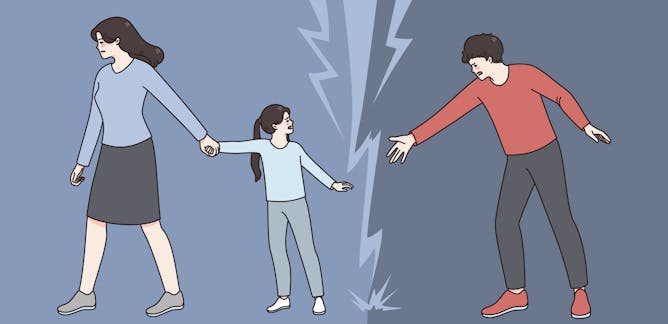
Jennifer Harman, Colorado State University
Some parents engage in domestic abuse by influencing their children to fear, dislike or distrust their other parent. What happens next is a cascade of losses.
| |

Anjana Susarla, Michigan State University
Twitter, more than other social media platforms, fosters real-time discussion about events as they unfold. That could change now that Musk has gained control of the company.
|
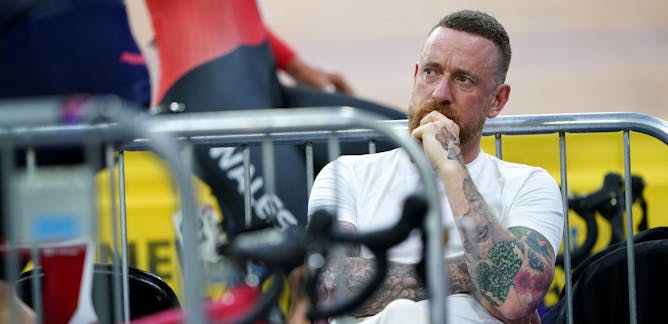
Mike Hartill, Edge Hill University
In a recent survey, 20% of respondents said that when they were under 18 years old they had experienced sexual abuse from adults or peers that involved physical or bodily contact.
| |
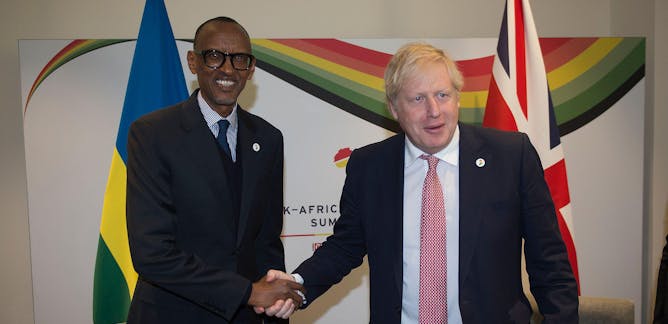
Parvati Nair, Queen Mary University of London
Richer nations are increasingly looking to offshore their immigration processing and further their own economic and political interests at the same time.
|

Catherine Carstairs, University of Guelph
Canada’s health system does not include dental coverage, leaving a large gap in care that’s existed since its beginning. It’s time to ensure access to oral care.
| |
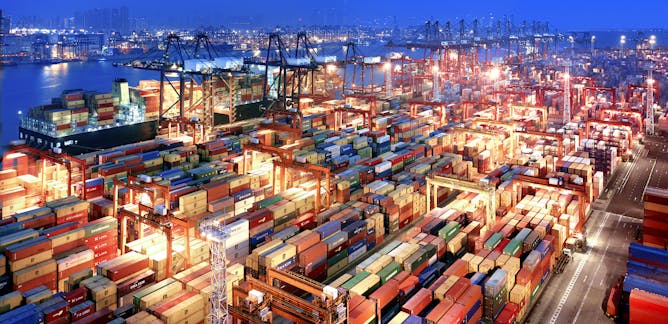
Jonathan Munemo, Salisbury University
Companies are moving their production back to developed countries. This is jeopardising the decades-long progress in global poverty reduction.
|
|
|
| |
| |
| |
| |
|
|
|
|
|
|
|